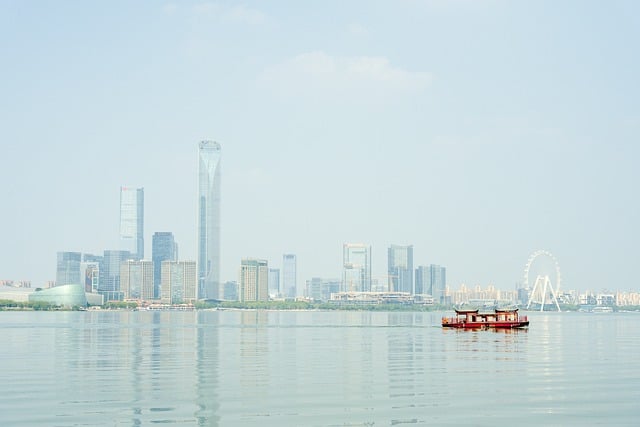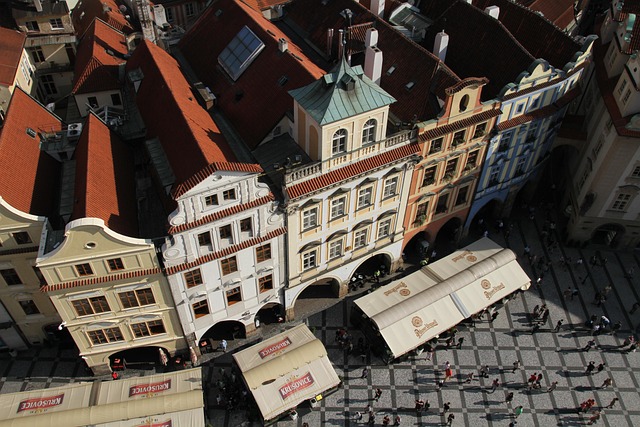
Karachi's economic clout is reflected in its specialized administrative body, the Karachi Metropolitan Corporation (KMC), which governs urban planning, infrastructure, and essential services. KMC tackles challenges like traffic congestion, sanitation, and waste management through innovative initiatives, aiming to enhance citizens' quality of life and position Karachi as a model for urban development within Pakistan. Citizen engagement is crucial for transparency and ensuring development projects cater to local needs.
“Karachi, Pakistan’s economic powerhouse, is governed by the Karachi Municipal Corporation (KMC), whose jurisdiction shapes the city’s urban landscape. This article delves into the intricate scope of KMC’s authority in managing Karachi’s vast tapestry. From its historical evolution as a governing body to its current roles and challenges, we explore how KMC influences service delivery. Furthermore, we highlight the significance of citizen engagement in enhancing transparency, ensuring that KMC’s actions reflect the needs of Karachi’s diverse population.”
- KMC Jurisdiction: Understanding its Scope in Karachi
- Historical Perspective: KMC's Evolution in Urban Governance
- Key Roles and Responsibilities of the Karachi Municipal Corporation
- Challenges and Improvements in Service Delivery by KMC
- Citizen Engagement: Enhancing Transparency in KMC Jurisdiction
KMC Jurisdiction: Understanding its Scope in Karachi
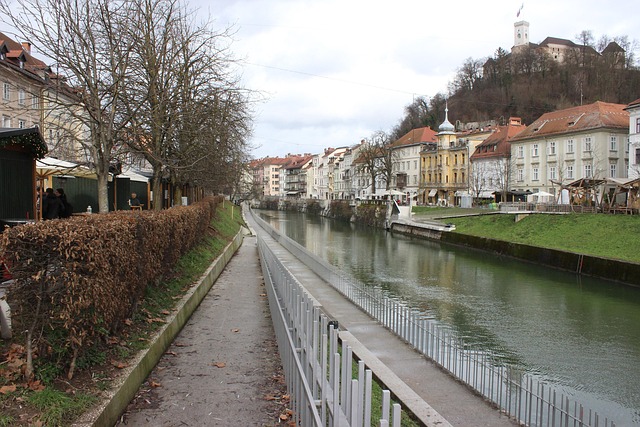
Karachi, as Pakistan’s economic powerhouse and a bustling metropolis, operates under a specific administrative jurisdiction known as the Karachi Metropolitan Corporation (KMC). Understanding the scope of KMC’s authority is crucial for comprehending the city’s governance and development. The corporation is responsible for managing and overseeing various aspects of the city’s infrastructure, including urban planning, maintenance of public spaces, and provision of essential services like water supply, sanitation, and waste management.
Within Karachi, KMC exercises its jurisdiction over a diverse range of activities. This includes regulating construction and zoning to ensure orderly development, maintaining traffic flow, and overseeing public safety through fire services and emergency response. By coordinating these functions, KMC plays a vital role in shaping the city’s landscape, addressing challenges, and enhancing the quality of life for its residents, making it a key player in the continuous evolution of Karachi.
Historical Perspective: KMC's Evolution in Urban Governance

Karachi, Pakistan’s economic heartbeat and most populous city, has witnessed a significant evolution in urban governance over time, with the Karachi Metropolitan Corporation (KMC) playing a pivotal role. Historically, the city’s administration faced challenges due to rapid urbanization, leading to the recognition of the need for efficient local government structures.
The KMC’s journey began with its establishment as a municipal body, gradually transforming into a robust institution responsible for managing the city’s diverse needs. Over the years, it has adapted to the changing dynamics of Karachi, from addressing basic infrastructure and sanitation issues to more complex tasks like traffic management, urban planning, and environmental conservation. This historical perspective showcases KMC’s evolution from a local governing body to a key driver in shaping the future of Pakistan’s most vibrant metropolis.
Key Roles and Responsibilities of the Karachi Municipal Corporation
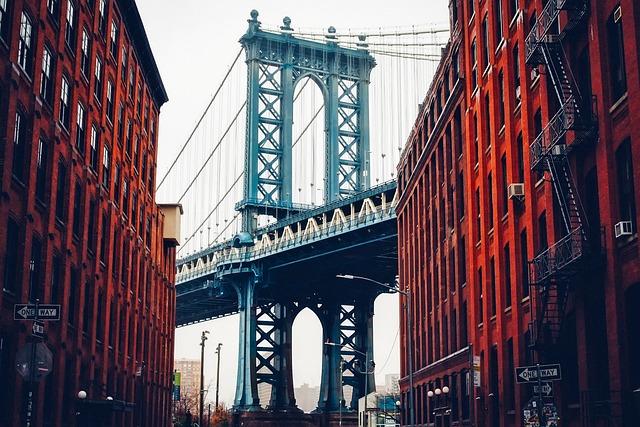
The Karachi Municipal Corporation (KMC) plays a pivotal role in governing and managing the city of Karachi, Pakistan. Its primary responsibility is to ensure the smooth functioning and development of one of the country’s most populous urban centers. The KMC’s key roles encompass a wide range of services and infrastructure management.
Some of its core responsibilities include urban planning, maintenance of public health, sanitation, and hygiene, managing solid waste disposal, providing water supply and sewage treatment, overseeing street lighting, and regulating traffic. Additionally, the corporation is tasked with developing and maintaining public parks, playgrounds, and other recreational facilities. In terms of development, KMC works on creating new roads, improving existing ones, and ensuring efficient transportation networks to cater to Karachi’s ever-growing population. This vast scope of work ensures that the city functions as a vibrant and thriving metropolitan area.
Challenges and Improvements in Service Delivery by KMC
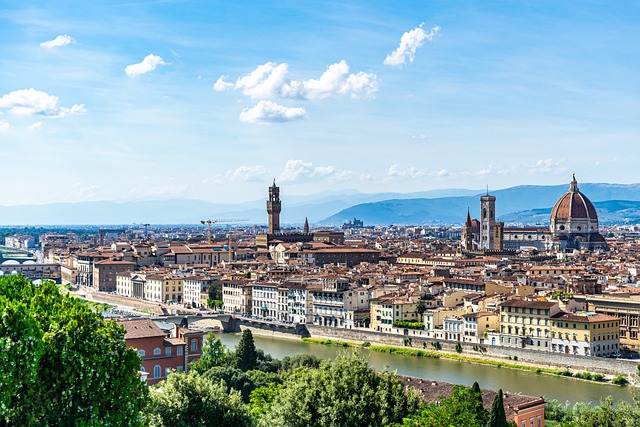
Karachi, being Pakistan’s economic hub, presents unique challenges for its Municipal Corporation (KMC) in service delivery. The rapid urbanization and ever-growing population have strained existing infrastructure and public services. Traffic congestion, inadequate sanitation, and irregular waste management are some of the pressing issues that KMC grapples with on a daily basis. However, the corporation has been making strides to improve its service delivery through innovative initiatives.
These improvements include enhancing street lighting, implementing smart city solutions for efficient traffic management, and introducing digital platforms for better public interaction and service accessibility. KMC also prioritizes improving access to basic amenities like clean water and sanitation facilities in low-income areas. By addressing these challenges head-on, KMC is not just ensuring a better quality of life for its citizens but also positioning Karachi as a model for urban development and effective governance within Pakistan.
Citizen Engagement: Enhancing Transparency in KMC Jurisdiction

In the vibrant city of Karachi, citizen engagement plays a pivotal role in enhancing transparency within KMC jurisdiction. The active participation of residents fosters a culture of accountability, enabling better decision-making processes. By providing platforms for public interaction and feedback, the KMC can ensure that its actions align with the needs and aspirations of the people it serves. This two-way communication allows for swift addressing of concerns, fostering trust and improving overall governance.
Karachi’s diverse community benefits from this engagement, as it ensures that development projects and urban planning initiatives consider the unique perspectives of various neighborhoods. Transparent practices strengthen the bond between citizens and their local authorities, creating a harmonious environment where everyone has a stake in the city’s progress.
Karachi, as Pakistan’s economic hub, benefits significantly from the Karachi Municipal Corporation (KMC)’s governance. Understanding its jurisdiction and roles is crucial for effective urban planning and service delivery. Historically evolved, KMC’s mandate includes managing infrastructure, sanitation, and public spaces. Despite challenges, citizen engagement strategies are enhancing transparency and improving services in the diverse landscape of Karachi. Moving forward, leveraging technology and fostering community participation will be key to revolutionize urban governance in this vibrant metropolis.
